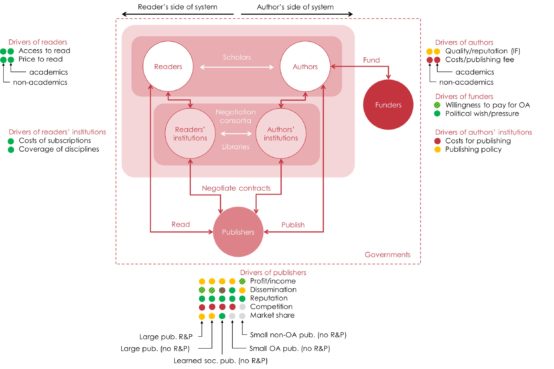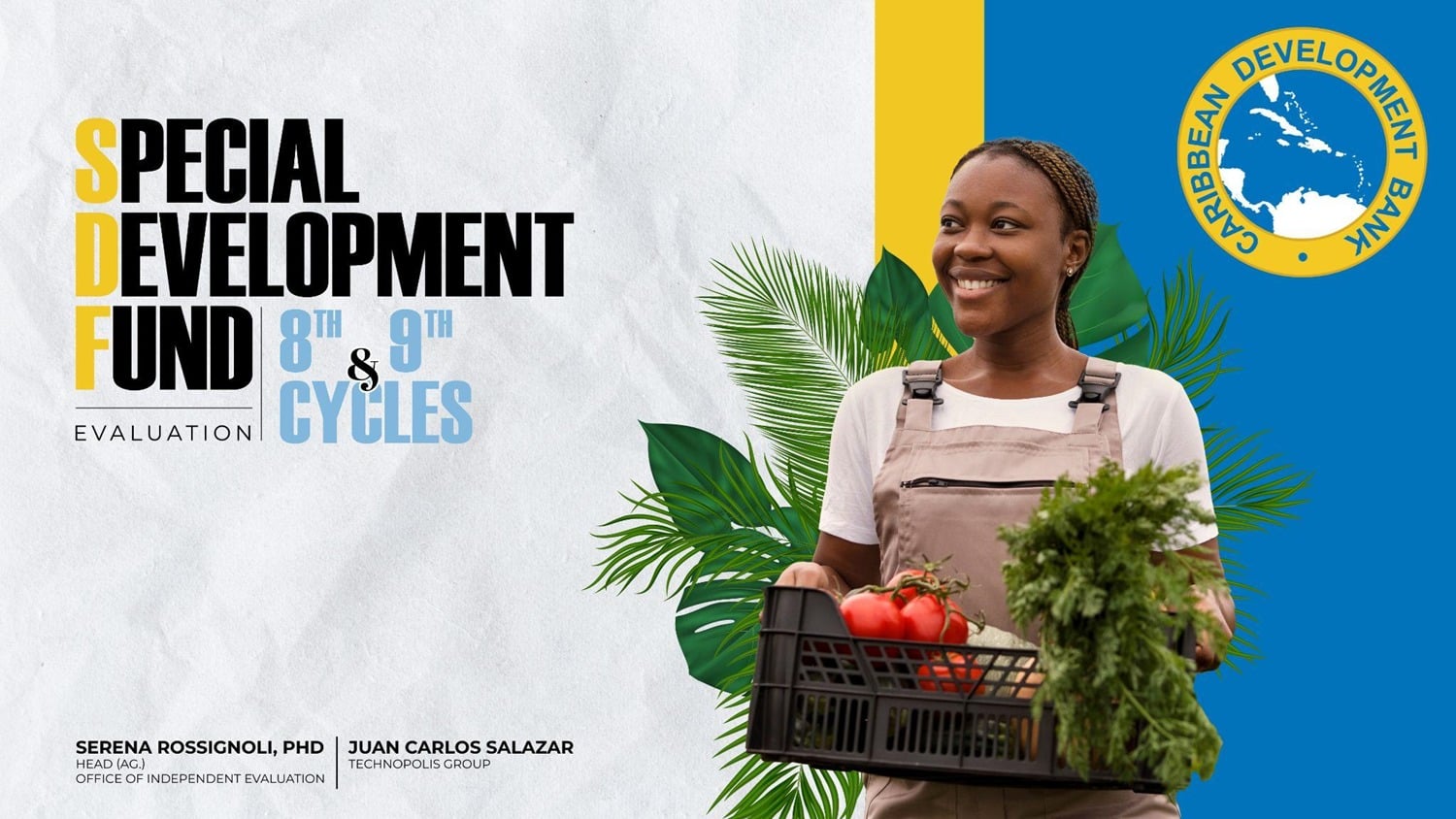Traditionally, academic knowledge is published in academic journals, generally published by commercial publishers. Access to these publications was generally obtained via academic libraries who bought subscriptions to the journals from the publishers and gave their university researchers (and others) access. These subscriptions are rather expensive, and not all libraries (and certainly not all individual researchers) can afford the subscriptions fees, so that access to academic knowledge is in practice restricted. In order to improve access to academic knowledge Research performing and research funding organisations have, in recent years, taken steps to accelerate the transition of scholarly journal publishing to open access. In open access academic publications are freely available to those who want to read the articles, while scientists that want to publish their research have to pay for this. At the moment there are around 14,000 open Access journals, and in 2019 e.g. the TU delft (The Netherlands) published more than 66% of all peer reviewed articles open access.
Open access: publisher-owned or community owned
The discussions around implementing open access are, however, extremely complex: scholarly publishing is not merely a lucrative economic sector with considerable vested interests and financial investments of both private and public parties. It is also one of the most central elements of the very system of research and the scientific endeavour. In our study for the European University Association we have explored two future open access scenarios and one transitional pathway to open access in which the role of publishers and the academic community varies. We have compared these with the baseline of predominantly subscription-based contracts with delayed open access through repositories. We did this with a Delphi survey among stakeholders and used reflections from experts. In our scenarios we included various stakeholders and their different motivations. Respondents clearly see Read & Publish (R&P) contracts as an intermediary phase on the way to a different scholarly publishing market – not as an endpoint. Based on the set of scenarios defined in this study, the scholarly publishing market is most likely to move toward open access (OA) platforms over the long-term. Whether these platforms are publisher-owned or community-owned may largely depend on the actions of stakeholders in the market (ambition and organising power of the scientific community, for instance). For now, the publisher-owned platform scenario is perceived to be most realistic (Figure 1).
Five recommendations to support a systemic transition
In the publisher-owned platform scenario, current journals and their distinguished brands could be maintained. Both publishers and scholarly stakeholders benefit from this scenario. Moving beyond the current journal format will require a departure from the current researcher performance assessment mechanisms of institutions; while there is a strong movement to reduce reliance on bibliometric indicators associated with journals, practical implementation of new, alternative policies is a slow process.
Figure 1 Overview of the scholarly publishing market/system model for scenario 3

On an overarching level we suggest five recommendations.
First, we recommend further exploration of the two platform scenarios, which were deemed most desirable by respondents. As the publisher-owned platforms are considered most realistic, further study of the desired characteristics of publisher-owned platforms, as well as their shortcomings is recommended. Second, if one of these scenarios for the scholarly publishing system would then be the ambition of EUA members, it would be wise to develop a plan or strategy to arrive at the ambition in the medium to long term. Third, to understand and keep track of this rapid development, periodic research into the drivers and positions of stakeholders in the publishing landscape is required. Fourth, as the majority of respondents view R&P type agreements as a transitional mechanism towards open access, EUA members could improve and strengthen their position through systematic information sharing and collaboration on strategies, negotiation expertise, and capacity building. Finally, it is relevant to note that despite differences between EUA members they share common goals and urgency for open access.
A transition from national negotiation consortia to a (more) European negotiation consortium could increase the negotiation position towards publishers. A European policy that provides all EUA members with the necessary negotiation safeguards to sustain new open access strategies would be supportive to promote Europe’s aim for a Digital Single Market.
More on Open Science
Besides this project on Open Access Technopolis Group is also very active in other areas related to Open Science, e.g. Technopolis is hosting the secretariat of the European Open Science Cloud (EOSCsecretariat.eu); Technopolis has helped the Flemish Government in drafting an open Science strategy and setting up the Flemish Open Science Board and Technopolis has supported the government of Malta in developing an Open Science Policy.





